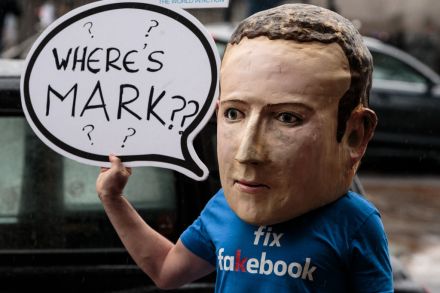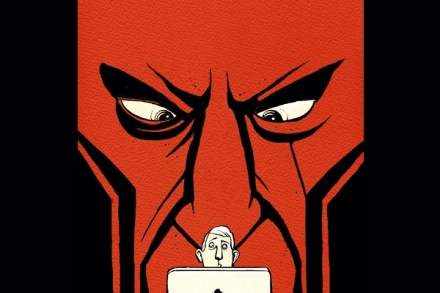How the world’s biggest crypto-scam targeted British Muslims
Back in 2016, thousands of Brits thought they’d struck gold. Word was spreading through WhatsApp and Facebook groups about an exciting new crypto-currency called OneCoin. It was rumoured to be the next Bitcoin – that strange digital currency that had been shooting up in value and minting millionaires. OneCoin’s founder, a Bulgarian-German businesswoman called Dr Ruja Ignatova had impeccable credentials – a degree from




















